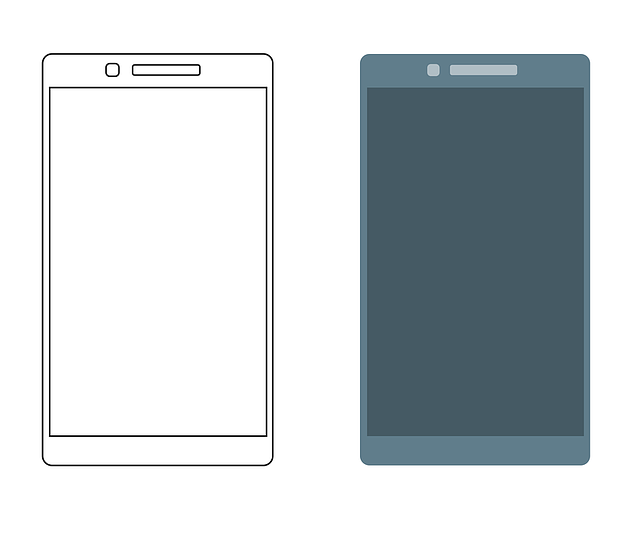Healthcare providers in West Virginia need to follow telemarketing laws, especially "No Call" rules, to protect patient privacy and avoid legal issues. These laws require explicit consent for marketing calls, with fines for non-compliance. Consulting a No Call Attorney helps ensure compliance and build patient trust.
In today’s digital healthcare landscape, effective telemarketing is crucial for provider engagement. However, navigating the legal intricacies surrounding these practices can be a complex web. This guide, authored by Huntington, offers a comprehensive overview of telemarketing laws specifically tailored to healthcare providers in West Virginia. From understanding patient privacy rights and no-call lists to ensuring compliance with local regulations, this resource equips you with the knowledge to avoid legal pitfalls, ensuring effective outreach while respecting patient boundaries.
Understanding Telemarketing Laws in Healthcare

Telemarketing laws in healthcare are a crucial aspect for providers to navigate, especially with the rise of remote communication. These regulations ensure patient privacy and protect consumers from aggressive sales tactics. In the United States, including West Virginia, healthcare organizations must adhere to specific rules when conducting telemarketing activities, such as live calls or text messages, to promote their services or sell medical products. One key consideration is obtaining explicit consent from patients before initiating any marketing efforts. This means that a “no call” attorney in West Virginia, for instance, can assist providers in understanding and implementing procedures to respect consumer choices regarding unwanted communications.
Compliance with telemarketing laws not only avoids legal repercussions but also fosters trust between healthcare providers and their patients. It’s essential for organizations to educate their staff about these regulations to prevent violations that could result in fines or damage to the provider’s reputation. By staying informed and following best practices, healthcare providers can effectively utilize telemarketing while maintaining ethical standards and patient satisfaction.
No Call Lists and Patient Privacy Rights

Many healthcare providers in West Virginia are aware that they must adhere to strict telemarketing laws, especially when it comes to patient privacy rights and “No Call” lists. These regulations are designed to protect patients from unwanted calls, ensuring their personal information remains confidential. Under the Telephone Consumer Protection Act (TCPA), businesses are required to obtain explicit consent before making automated or prerecorded phone calls to consumers.
For healthcare providers, this means that patient data should be off-limits for telemarketing purposes. Patients have the right to register their numbers on “No Call” lists, effectively blocking all marketing calls from various sources, including hospitals, pharmacies, and insurance companies. Compliance with these laws is crucial to avoid legal repercussions, especially when dealing with sensitive healthcare information. Therefore, West Virginia healthcare providers should always seek consent and respect patient preferences to maintain a trustworthy relationship.
Navigating Legal Requirements for West Virginia Providers

In West Virginia, healthcare providers must adhere to stringent telemarketing laws to protect patient privacy and prevent unwanted calls. Navigating these regulations can be complex, especially with the evolving nature of communication technologies. One key aspect is understanding when and how to obtain consent for telemarketing activities. The state’s No Call Attorney plays a vital role in this regard, ensuring that businesses respect consumer choices by not making unsolicited calls.
Providers should also be aware of restrictions on call timing, content, and the use of automated systems. Failure to comply can result in significant fines. Staying informed about these legal requirements is essential for maintaining compliance and fostering trust with patients.






